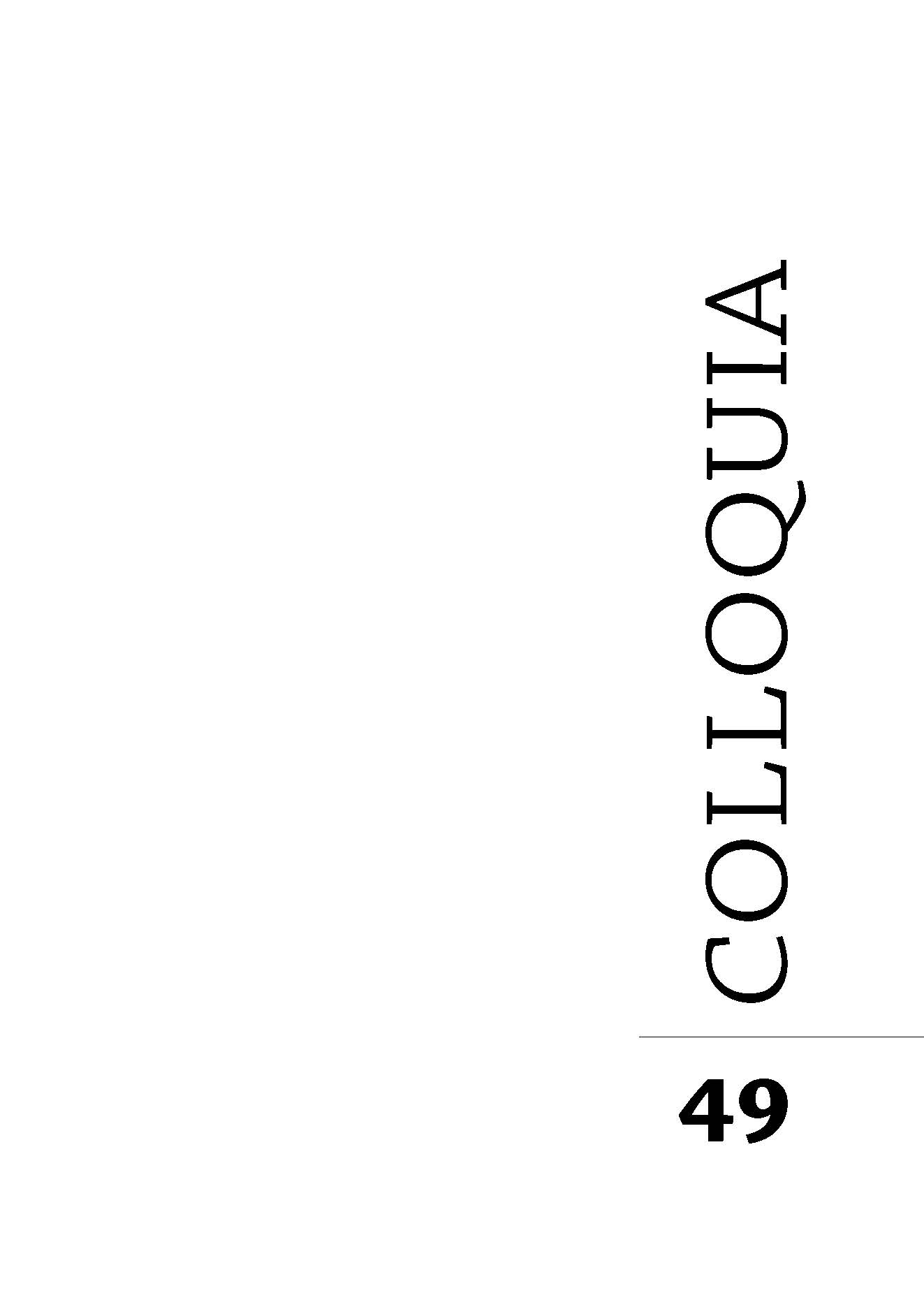Gastropoetika tarpukario Lietuvos jidiš literatūroje: ankstyvoji Moišės Kulbako (1896–1937) kūryba
Santrauka
Moišė Kulbakas, žymiausias jidiš rašytojas, tarpukariu gyvenęs Vilniuje, Kaune, Berlyne ir Minske, savo kūryboje naudojo gastropoetines metaforas ir nuorodas. Jau ankstyvojoje jo kūryboje galima aptikti vienas kitą papildančių perteklinių vaišių ir kuklumo kodų. Ir poezijoje, ir prozoje, derindamas kontrastingus gastrokodus („nevalgyti“, „valgyti viską“, „praryti“, „valgyti kukliai“ ir pan.), Kulbakas pasiūlo alternatyvias vertybių sistemas, kitokias laisvės formas. Svaiginančių gėrimų metaforms jis suteikia skirtingus brandumo ir patirties laipsnius, taip parodydamas pasiryžimą skaudžias gyvenimo aplinkybes įveikti su džiaugsmu ir entuziazmu.
Pasitelkus eilėdaros ir semantinę analizę, straipsnyje išryškinami ir rekonstruojami valgymo įpročių, valgymo scenų ir įspūdingų maisto reprezentacijų vieta ir vaidmuo Kulbako poetiniame pasaulyje. Jo eilėraščių eilėdara ir
garsiniai junginiai melodiškai pabrėžia „kuklaus“ ir paprasto maisto, kaip antai, daržovių (atliekančių ir atminties funkciją, t. y. susijusių su žydų Paschos švente) reikšmę. Kulbako romane Mesijas, Efraimo sūnus (1924) aprašomi tik įsivaizduojami arba sugadinti valgiai. Skaitytojui tai byloja apie neišsipildžiusį dvasinį ilgesį. Kulbako poezijoje vaizduojamose šventėse (Vestuvės, 1922) maistas atlieka socialinį vaidmenį dinamiškai integruodamas į šventę jos dalyvius, ypač vargšus. Maisto produktų ir patiekalų mažybinių formų vartojimas kvieslio kalboje šventės metu valgymo procesui suteikia socialumo ir tuo pačiu intymumo bruožų. Galiausiai straipsnyje bandoma rekonstruoti Kulbako simbolinę skonio schemą, jo dinamiškame poetiniame pasaulyje išdėstant „aukštus“ ir „žemus“, „centrinius“ ir „periferinius“ skonio kodus ir jų fizinius, mentalinius ir alegorinius (kultūrinius) atitikmenis.
